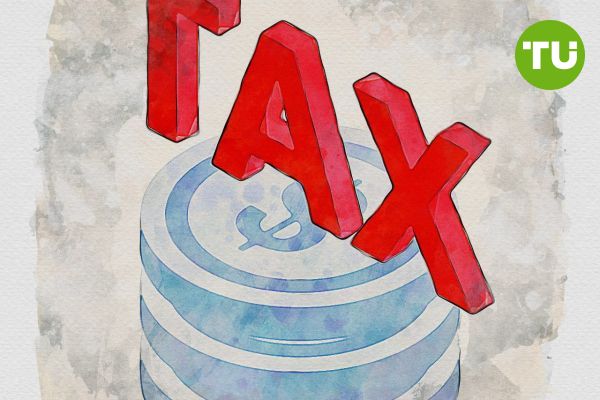IRS upholds staking rewards taxation
 IRS upholds staking rewards taxation
IRS upholds staking rewards taxation
The U.S. Internal Revenue Service (IRS) has doubled down on its tax policy for cryptocurrency staking rewards, asserting that these rewards are taxable income upon receipt. The position comes in response to a second legal challenge from Joshua and Jessica Jarrett, who argue that staking rewards should only be taxed when sold or exchanged.
Staking, a process where cryptocurrency holders lock up their assets to validate blockchain transactions, generates rewards typically in the form of additional tokens. According to the IRS’s 2023 guidance, these staking rewards are considered taxable income at their fair market value as soon as they are created and the taxpayer has control over them.
In its Dec. 23 response to the Jarretts’ latest lawsuit, the IRS cited Revenue Ruling 2023-14 to emphasize that staking rewards are taxable at the point of receipt, rejecting the Jarretts’ claim that these rewards should be treated as property and taxed only upon sale.
The Jarretts’ legal challenge
The dispute began in 2021 when the Jarretts first sued the IRS over taxes on 8,876 Tezos tokens earned in 2019. They argued that staking rewards are akin to newly created property, such as crops or manuscripts, and should not be taxed until sold. The IRS offered a $4,000 tax refund, which the couple declined to pursue a broader precedent.
In October 2024, the Jarretts filed a second lawsuit, seeking a $12,179 tax refund for staking rewards earned in 2020 and a permanent injunction against the IRS’s tax treatment of such rewards. They maintain that taxable income arises only from the proceeds of selling new property.
This ongoing legal battle could have significant implications for the U.S. cryptocurrency industry, especially for proof-of-stake blockchain networks. A ruling in favor of the Jarretts could lead to changes in how staking rewards are taxed, potentially aligning them with other forms of property rather than immediate income.
As the case proceeds, it will be closely watched by cryptocurrency stakeholders and tax professionals, given its potential to redefine taxation norms for digital assets in the U.S.
Read also: Robert Kiyosaki warns of global economic downturn













































































































































